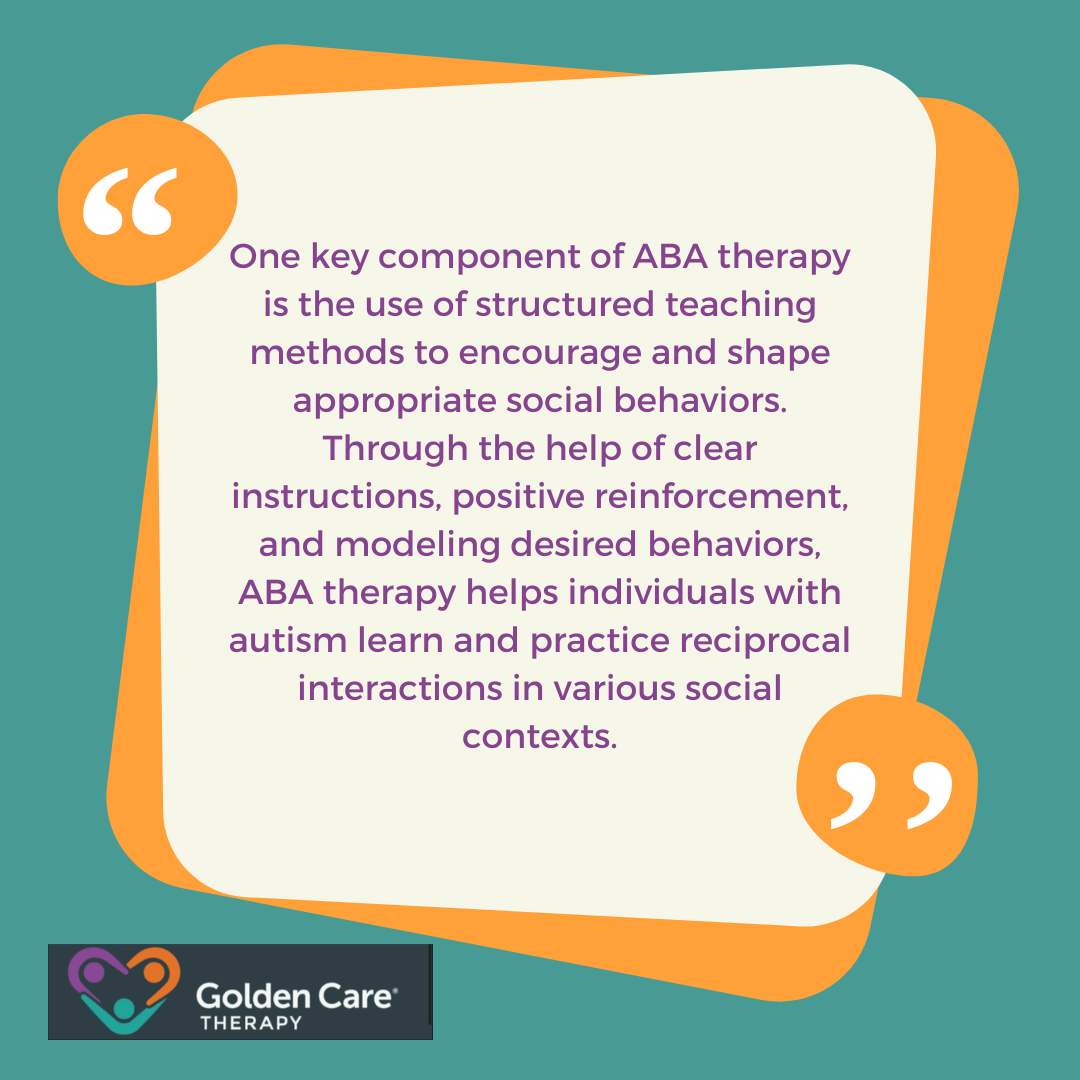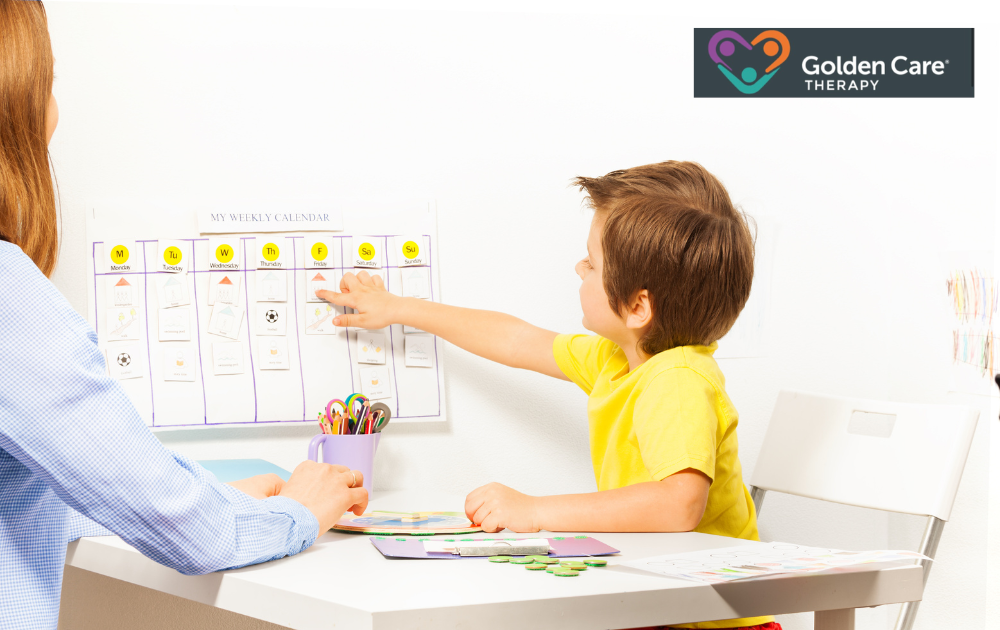In autism treatment, the concept of reciprocity plays a pivotal role in enhancing social interactions and communication skills for individuals on the spectrum. Understanding what reciprocity entails, its significance in behavior and communication, and its impact on relationships and social skills is fundamental in providing effective support.
What is Reciprocity in the Context of Autism?
Reciprocity in the context of autism refers to the ability to engage in social exchanges that involve give-and-take interactions. It involves responding to social cues, sharing attention, turn-taking in conversations, and displaying appropriate social behaviors in various social contexts.
Individuals with autism may face challenges in understanding and engaging in reciprocal interactions, which can impact their social communication skills. Functional analysis can be used to identify the underlying factors influencing these challenges, helping to develop tailored strategies for improvement.
Reciprocity is crucial in shaping behavior and communication patterns in autistic individuals. By engaging in reciprocal interactions, individuals learn to navigate social situations, interpret non-verbal cues, and develop meaningful relationships.
Building reciprocity skills can lead to improved communication, enhanced social understanding, and a greater sense of connection with others.

How Reciprocity Impacts Relationships and Social Skills
The ability to engage in reciprocal interactions significantly influences the quality of relationships and social skills in individuals with autism. Developing reciprocity skills fosters positive social interactions, helps in building friendships, and promotes social integration.
Individuals who exhibit strong reciprocity skills are better equipped to navigate social complexities, establish meaningful connections, and participate more fully in social settings.
Understanding the essence of reciprocity in autism treatment is foundational for implementing effective intervention strategies, fostering social development, and enhancing the overall quality of life for individuals on the autism spectrum.
How to Promote Reciprocity in Autistic Individuals
Several techniques have been proven effective for promoting reciprocity in autism treatment in fostering positive behavior and communication skills. These techniques aim to enhance the individual’s ability to engage in reciprocal interactions, ultimately improving their relationships and social skills.
These are as follows:
Applied Behavior Analysis (ABA) Therapy
Applied Behavior Analysis (ABA) therapy is a widely recognized and evidence-based approach for promoting reciprocity in individuals with autism. ABA therapy focuses on breaking down complex behaviors into smaller, manageable steps and reinforcing positive behaviors through reward systems.

Social Skills Training Programs
Social skills training programs play a vital role in promoting reciprocity among individuals with autism. These programs are designed to teach essential social skills such as turn-taking, initiating conversations, and understanding nonverbal cues.
Participating in structured social skills training sessions will help autistic individuals improve their ability to engage in reciprocal interactions and navigate social situations more effectively.
Relationship-based Interventions
Relationship-based interventions are another valuable technique for promoting reciprocity in individuals with autism. These interventions focus on building strong and meaningful relationships between individuals and their caregivers, peers, and community members.
Relationship-based interventions often involve strategies such as joint attention activities, shared interests, and emotional regulation techniques. These interventions aim to strengthen the individual’s social connections, improve their ability to engage in reciprocal interactions, and enhance their overall quality of life.
Implementing Reciprocity at Home
Fostering reciprocal interactions at home plays a vital role in supporting individuals with autism in developing essential social skills. Implementing structured routines, utilizing visual supports, and encouraging communication and turn-taking can significantly enhance the quality of social interactions. Let’s explore these strategies further.

Creating Structured Routine for Social Interactions
Structured routines provide a sense of predictability and security for individuals with autism, facilitating their understanding of social expectations and promoting reciprocal interactions.
Establishing consistent schedules for social activities such as meal times, play sessions, and communication exchanges can help individuals with autism navigate social interactions more successfully.
With the help of visual schedules and timers in daily routines, caregivers can effectively communicate the sequence of social activities and transitions, reducing anxiety and fostering engagement. Consistency and predictability in social routines lay a solid foundation for nurturing reciprocity in interpersonal relationships.
Using Visual Supports and Social Stories
Visual supports, including picture cards, schedules, and visual scripts, are valuable tools for enhancing communication and promoting reciprocity in individuals with autism.
Visual aids help individuals comprehend abstract social concepts and navigate social situations with greater confidence.
Creating social stories that depict appropriate social behaviors, emotions, and communication strategies can empower individuals with autism to understand social expectations and engage in reciprocal interactions effectively. Visual supports serve as visual cues that guide individuals through social exchanges, promoting engagement and understanding.
Encouraging Turn-Taking and Communication
Encouraging turn-taking and fostering effective communication are fundamental aspects of promoting reciprocity in individuals with autism. Establishing opportunities for individuals to take turns during conversations, games, and activities can enhance their ability to engage in reciprocal interactions and develop social reciprocity skills.
Encouraging active listening, sharing perspectives, and expressing emotions can further strengthen communication skills and promote reciprocity in social interactions.
Implementing these strategies at home can create a supportive environment that nurtures reciprocal interactions and social growth for individuals with autism. By incorporating structured routines, visual supports, and opportunities for turn-taking and communication, caregivers can empower individuals with autism to navigate social complexities and cultivate meaningful relationships.
The Bottom Line
Reciprocity in autism highlights the importance of back-and-forth interactions in communication, whether through speech, gestures, or emotions. It’s about how we connect and respond to each other in daily life.
For those with autism, these exchanges might look a little different, but they’re still meaningful and full of potential. Understanding and supporting reciprocal communication can help build stronger, more fulfilling relationships.
Recognizing the unique ways people with autism express themselves allows us to create environments where everyone feels heard and valued. At Golden Care Therapy ABA, we are committed to offering high-quality, personalized autism services that cater to the individual needs of each person we work with.
Our ABA therapy programs are designed to foster growth, development, and independence, ensuring meaningful progress in a supportive environment. If you’re looking for expert autism services in New York, New Jersey, Indiana, Georgia, or Florida, reach out to us today.
We’re here to help you navigate the path toward success and provide the support you need for lasting change. Contact us now to learn more about how we can assist you and your loved ones!
Sources:

